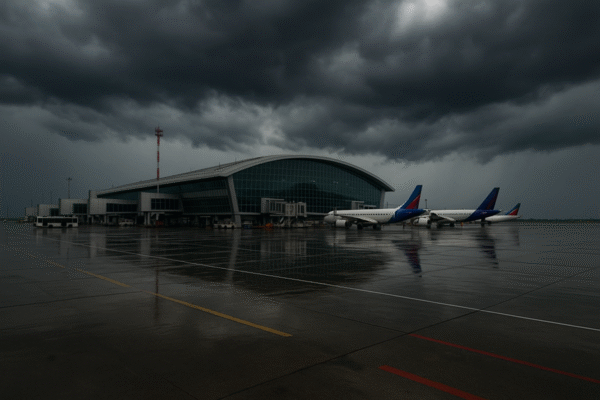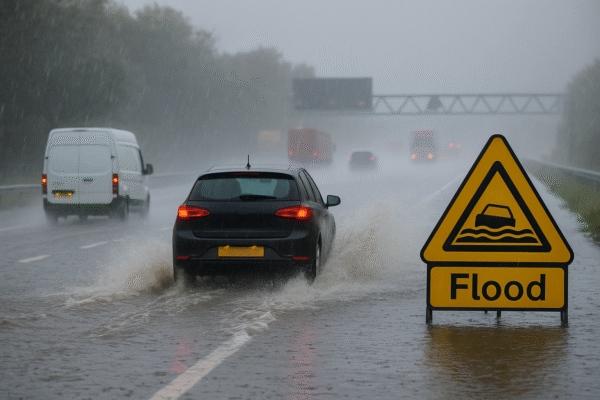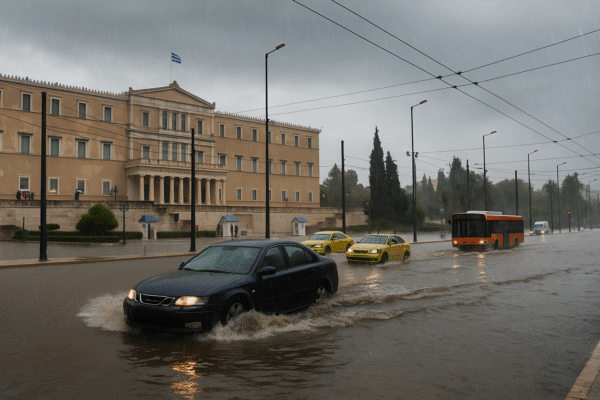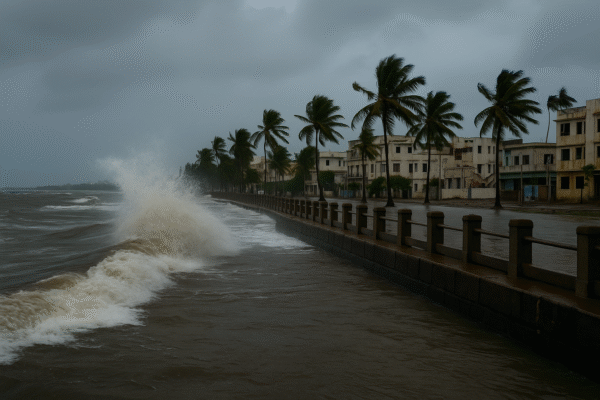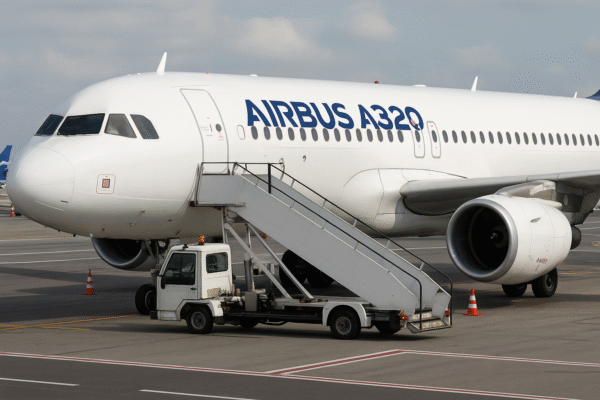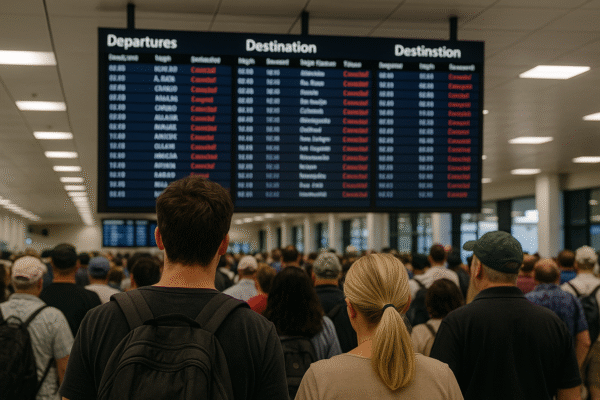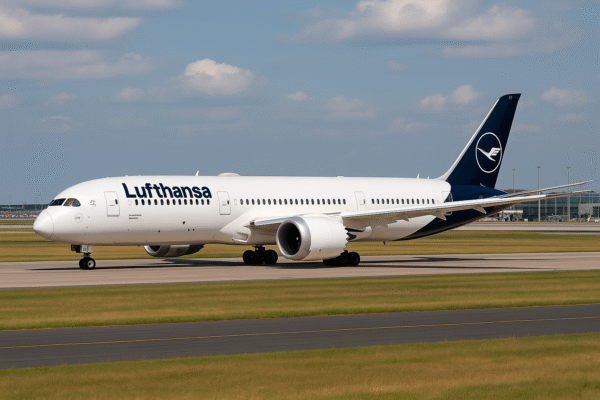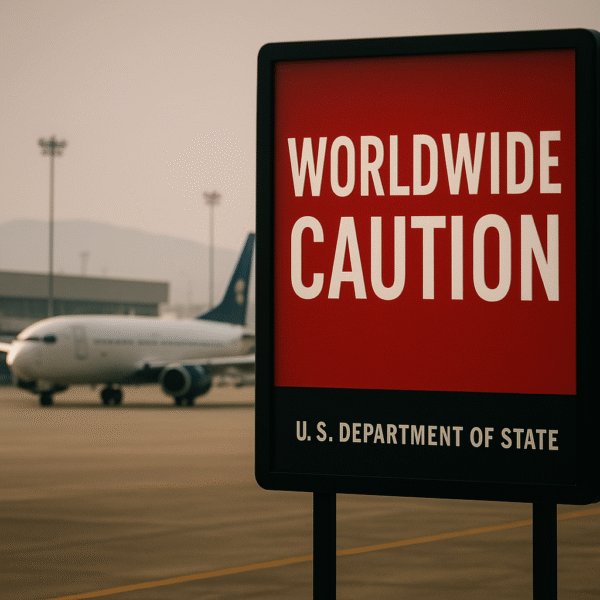As geopolitical tensions soar in West Asia following military actions between the United States and Iran, the U.S. Department of State has issued a rare “Worldwide Caution” travel warning. This global security alert urges U.S. citizens and travelers to exercise heightened vigilance while abroad due to emerging risks, particularly in the Middle East, where travel has been disrupted by regional conflict and widespread airspace closures.
The advisory comes in the wake of precision airstrikes launched by the United States on key Iranian nuclear sites. These developments have significantly impacted regional stability, with ripple effects already being felt across the global travel and tourism sectors.
Travel and Airspace Disruptions Across the Middle East
The U.S. Department of State shared the advisory via its official X (formerly Twitter) account, citing disruptions in travel and intermittent closure of airspace in the Middle East due to the ongoing conflict between Israel and Iran.
“Worldwide Caution: The conflict between Israel and Iran has resulted in disruptions to travel and periodic closure of airspace across the Middle East. There is the potential for demonstrations against U.S. citizens and interests abroad,” the statement read. Travelers are strongly encouraged to review the latest country-specific advisories, embassy alerts, and safety instructions on travel.state.gov.
This advisory directly impacts travel itineraries involving countries such as Saudi Arabia, Türkiye, Iraq, the United Arab Emirates (UAE), and Jordan. In addition, a Level 4: Do Not Travel advisory has been issued for Lebanon, reflecting elevated risks due to potential retaliatory actions, protests, and instability.
Strike on Iran Heightens Global Uncertainty
The renewed regional instability follows a confirmed U.S. military operation in Iran. According to U.S. Defense Secretary Pete Hegseth, American forces carried out overnight precision strikes targeting Iran’s nuclear infrastructure, including facilities in Fordow, Isfahan, and Natanz.
Speaking at a press briefing alongside Air Force General Dan Caine, Hegseth stated, “Last night, on President Trump’s order, the U.S. Central Command conducted a precision strike in the middle of the night against three nuclear facilities in Iran to destroy or severely degrade Iran’s nuclear program.”
Hegseth emphasized that the operation intentionally avoided targeting Iranian troops or civilians, focusing solely on infrastructure related to Iran’s nuclear ambitions. The U.S. framed the strikes as necessary for global non-proliferation and regional security.
Tourism Industry Feels the Impact
The immediate impact of these developments is reverberating across the travel and tourism industry. Airlines operating in and out of the Middle East, particularly through Gulf hubs like Dubai (DXB), Abu Dhabi (AUH), and Doha (DOH), are facing operational challenges due to uncertain airspace permissions and shifting security protocols.
Travel agencies are reporting a rise in cancellations and rebookings for routes passing over or near conflict zones. Tour operators have begun altering itineraries to avoid affected regions, while corporate travel managers are re-evaluating risk exposure for personnel in high-risk countries.
Moreover, U.S.-based travel insurers are reassessing coverage policies for trips to and through the Middle East. Some insurers are either suspending coverage for new bookings in specific regions or requiring additional risk premiums.
Warnings for U.S. Travelers and Global Citizens
The “Worldwide Caution” advisory, though not unprecedented, is a signal of a significantly heightened threat environment. It instructs all U.S. citizens traveling abroad to be aware of their surroundings, avoid demonstration areas, monitor local media, enroll in the Smart Traveler Enrollment Program (STEP), and keep communication open with local embassies.
Countries with ongoing or updated travel alerts now include:
- Saudi Arabia – Potential anti-U.S. demonstrations; increased surveillance advised
- Iraq – High terrorism threat; avoid non-essential travel
- Türkiye – Political protests and heightened tensions in urban centers
- United Arab Emirates – Airspace volatility and proximity to conflict zones
- Jordan – Border zone instability; avoid mass gatherings
- Lebanon – Level 4: Do Not Travel due to risk of conflict spillover
The advisory also warned that perceived U.S. interests, including diplomatic buildings, tourist venues, or high-profile American-branded businesses, could be targets for demonstrations or unrest.
Air Travel Safety and Tourism Outlook
According to data from the International Air Transport Association (IATA), several international carriers are rerouting long-haul flights to avoid potential flashpoints in Iranian and Israeli airspace. Routes between Asia and Europe, typically flying over the Persian Gulf, are now being redirected, increasing travel time and operational costs.
For the tourism sector, particularly in Gulf countries that rely heavily on American and European visitors, the immediate outlook is one of cautious retraction. While tourism boards in the UAE and Jordan have not yet issued cancellations, industry insiders suggest that if the situation escalates, marketing campaigns targeting Western travelers may be paused.
What Travelers Should Do Now
Travelers planning international trips in the coming weeks are advised to:
- Check official advisories on travel.state.gov
- Monitor airline notifications and news about regional flight path changes
- Keep digital copies of key documents and emergency contacts
- Review travel insurance coverage for conflict-related disruptions
- Stay enrolled in government alert programs such as STEP
As the global situation evolves, both leisure and business travelers must remain flexible and informed.
Stay informed, follow Global Travel Wire.
Source: ANI




